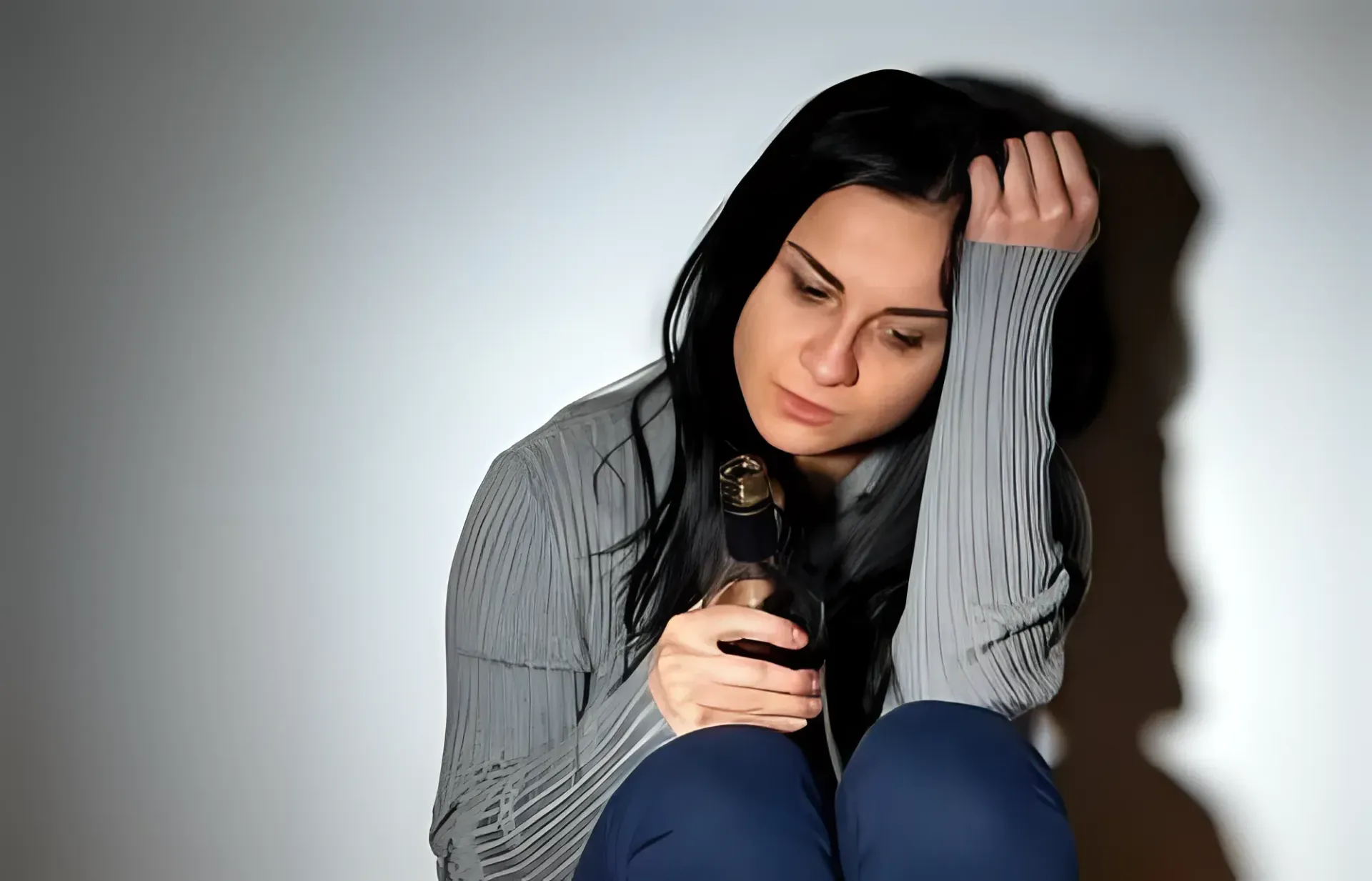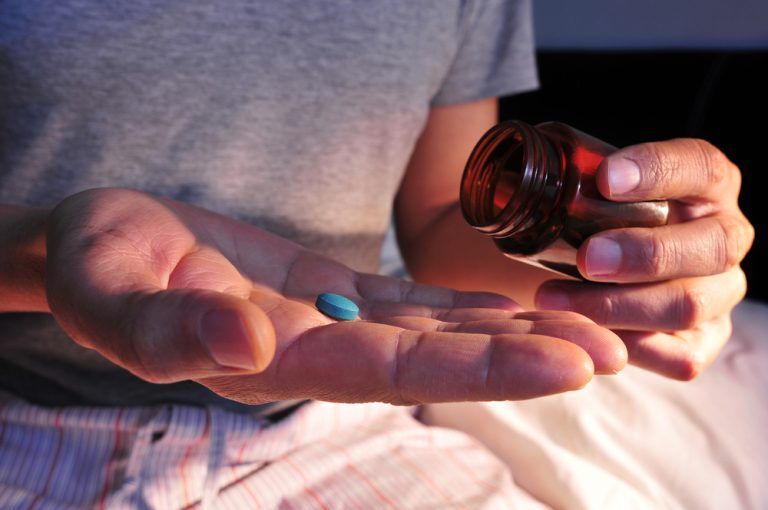Drugs and Mental Health: Is There a Connection?
Advance Minds Blog
A safe space to explore subjects within the community such as mental health, substance abuse and personal identity.
Our safe space also provides the opportunity for real individuals to express their hardships and success through writing.
Drugs and Mental Health: Is There a Connection?

The connection between drugs and mental health is undeniable. Substance use and mental health disorders often go hand in hand, creating a cycle that can be difficult to break.
Many people struggling with mental health issues turn to drugs or alcohol as a coping mechanism, while others develop mental health conditions as a result of substance use.
Understanding the link between drugs and mental health is crucial for preventing addiction, seeking the right treatment, and achieving long-term well-being.
How Drugs Affect Mental Health
Substance use can significantly impact brain chemistry, mood, and overall mental health. While some people may use drugs to escape emotional distress, the long-term effects often worsen existing mental health conditions.
1. Drugs Can Trigger or Worsen Mental Illness
Many substances interfere with brain function, increasing the risk of depression, anxiety, paranoia, or psychosis. For example:
🔹 Marijuana – May cause paranoia, increased anxiety, or trigger psychotic episodes in vulnerable individuals.
🔹
Cocaine & Methamphetamine – Can lead to severe mood swings, aggression, and long-term depression.
🔹
Alcohol – A depressant that can increase feelings of sadness, anxiety, and suicidal thoughts.
🔹
Opioids & Prescription Medications – Can cause emotional numbness and lead to dependence, making it difficult to cope with emotions naturally.
2. Self-Medication: A Dangerous Cycle
Many people use drugs or alcohol to numb emotional pain or escape mental health struggles. This is known as self-medication. While substances may provide temporary relief, they do not address the root cause of the problem and often lead to worsening mental health and addiction over time.
🔄 Example of the Self-Medication Cycle:
- A person experiences anxiety or depression.
- They use drugs or alcohol to feel better temporarily.
- The substance wears off, leading to withdrawal symptoms and worse mental health.
- They use more substances to escape, creating a cycle of dependence.
3. Dual Diagnosis: When Mental Health and Addiction Coexist
A dual diagnosis occurs when someone has both a mental health disorder and a substance use disorder. Common dual diagnoses include:
⚠️ Depression & Alcoholism – Alcohol is often used to cope with sadness, but it is a depressant that makes symptoms worse.
⚠️
Anxiety & Stimulant Use – Some people use stimulants (like cocaine or amphetamines) to boost confidence, but long-term use increases anxiety.
⚠️
PTSD & Opioid Addiction – Trauma survivors may use opioids to numb emotional pain, leading to dependence and withdrawal symptoms.
Why Does This Connection Exist?
The link between drugs and mental health exists due to biological, psychological, and environmental factors:
🧠 Brain Chemistry – Drugs alter neurotransmitters (dopamine, serotonin) responsible for mood and emotions, which can lead to mental health disorders.
💔
Trauma & Stress – Many people with childhood trauma, PTSD, or high stress levels turn to substances as a way to cope.
🔄
Genetics & Family History – If addiction or mental illness runs in the family, individuals may be more vulnerable to both conditions.
🌍
Social & Environmental Factors – Poverty, lack of support, or exposure to drug use can increase the risk of both substance abuse and mental illness.
Breaking the Cycle: How to Seek Help
The good news is that both mental health disorders and addiction can be treated. Recovery often involves:
✅ Professional Therapy & Counseling – Cognitive Behavioral Therapy (CBT), trauma-informed therapy, and addiction counseling can help individuals manage triggers and heal emotional wounds.
✅ Medication Management – In some cases, doctors may prescribe non-addictive medications to help balance brain chemistry and reduce cravings.
✅ Support Groups & Community – 12-step programs, mental health support groups, and sober communities can provide guidance and encouragement.
✅ Lifestyle Changes & Coping Strategies – Healthy habits, such as exercise, meditation, and mindfulness, can help manage stress and improve mental well-being.
Final Thoughts
Yes, drugs and mental health are deeply connected—one can fuel the other, creating a challenging cycle of emotional and physical dependence. However, with the right support and treatment, individuals can break free from addiction, improve their mental health, and build a fulfilling life.
If you or someone you love is struggling with addiction and mental health challenges, Advance Minds is here to help. Our experienced team provides compassionate, evidence-based therapy to address both substance use and mental wellness.
















